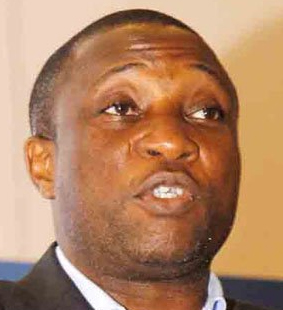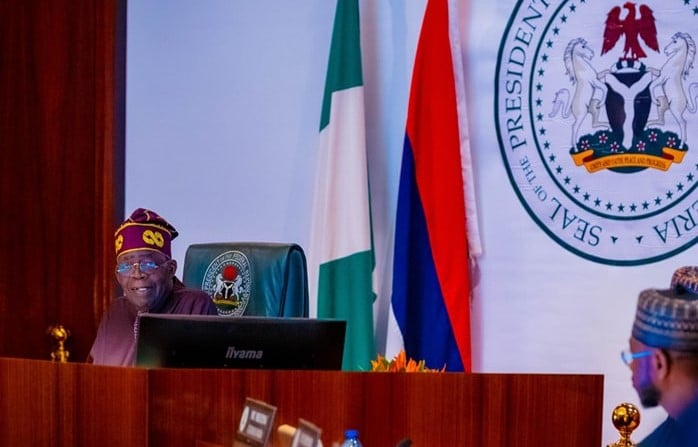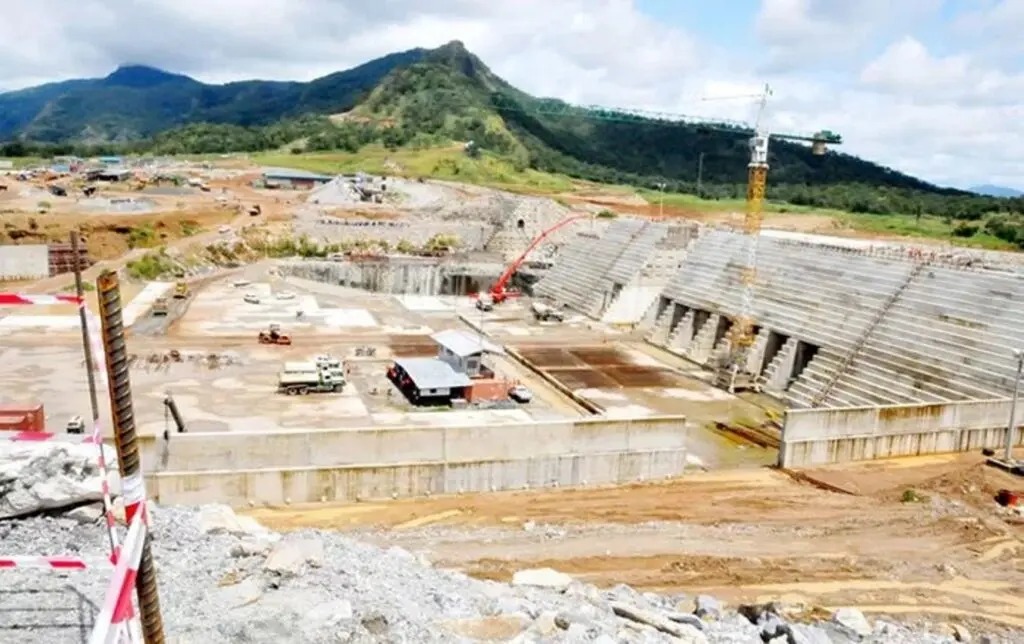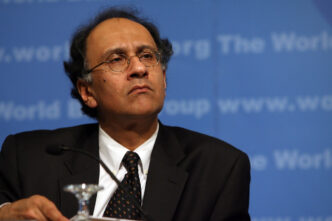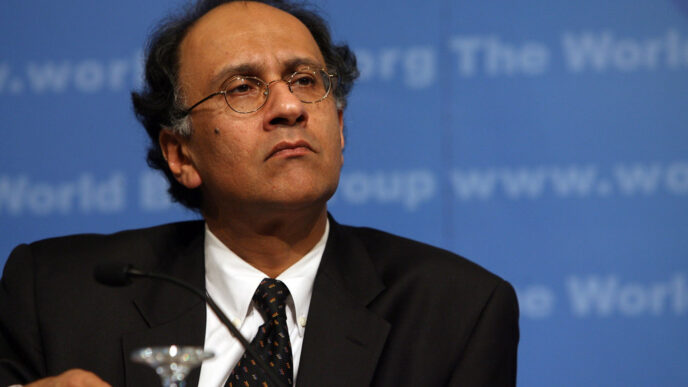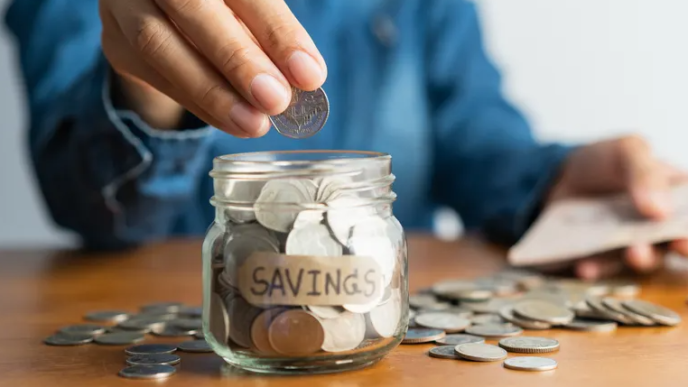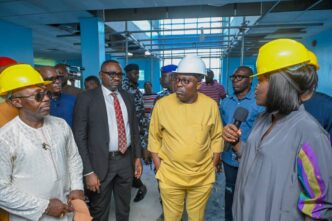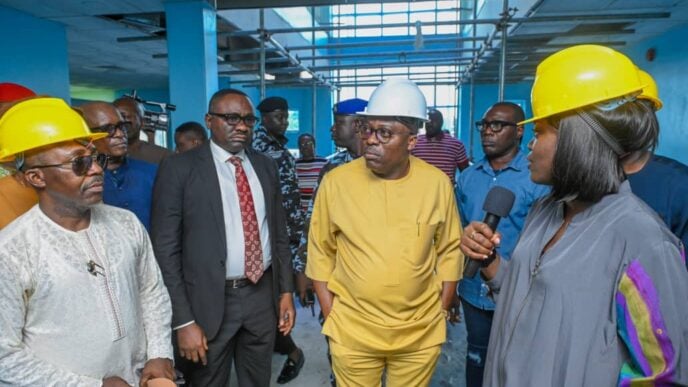President Bola Tinubu
Let me confess that we were very intentional in choosing Kano as our next port of call after hosting a similar stakeholders interaction in Abuja and Lagos. This is because Kano is the heartbeat of the northern economy. Kano has a tradition of standing for what is right. And we believe once Kano decided to join and own any advocacy against any anti-people practice others will follow the footsteps of Kano. We consider you market leaders and other key players in the supply and distribution chain as a strategic partner in this regard.
Before initiating this idea of town-hall meeting, we at the Commission had conducted extensive market surveys across the country. And our findings were most startling and worrisome. Our operatives identified patterns of price fixing perpetrated by some market associations, price gouging, and other unethical practices. We observed that the margin in the prices of imported goods are very disproportionate in many cases; and in the case of locally produced goods, excessively inflated.
For proper understanding, let me break down the unethical practices we are advocating against. Price fixing refers to an unholy agreement between competing businesses to set prices at a certain level. This can be done either explicitly or implicitly, and it prevents healthy competition that is otherwise expected to drive prices down and improve quality.
Price gouging on the other hand occurs when sellers significantly increase the price of goods or services during a crisis. This practice takes undue advantage of the consumers.
Advertisement
In our investigation, we also discovered that some traders form a cartel in the market and put barriers in form of ridiculous membership fees intended to ensure price fixing in the market. Without joining them, they won’t allow anyone to sell goods in the market or provide services.
As patriots, we must learn to tell ourselves the truth at challenging moments like this. True, no one can, in good conscience, deny that the high exchange rate and the removal of petrol subsidy have not invariably raised the cost of doing business. From the global perspective, the world has had to also deal with the consequences of COVID 19 of 2019 and 2020 with the attendant disruption to supply chain, coupled with the Russian-Ukrainian war which has affected the global food production chain.
However, let it also be recognized that the burden of high prices of food products we all face in Nigeria today is, in no small way, being worsened by the unscrupulous activities of those engaged in mopping up food grains from the markets and hoarding them in warehouses, thereby creating artificial scarcity and driving up the costs of living in the country.
Advertisement
Without caring for the consequences of their action on fellow countrymen and women, some of these unscrupulous actors go as far as taking some of the food items they had mopped up from the farmers or the markets and smuggling them across the borders to sell at premium, thereby endangering our national food security. Therefore, there is urgent need to balance the desire for business profitability with the imperative of consumer protection.
To be sure, all these unethical practices I have enumerated constitute serious offences under the FCCP Act. Under Section 17, for instance, the Commission is empowered to deal severely with those who commit anti-competitive offences as well as engaging in misleading, unfair, deceptive, or unconscionable marketing, trading, and business practices. The law empowers the commission to impose heavy fine against breaches and alsoprosecute offenders which could lead to jail terms. Under Section 155, violators — whether individuals or corporate entities — face severe penalties, including substantial fines and imprisonment if found guilty by the court.
Please, also note that Section 107 (4 a.) of FCCP Act clearly states that, “Where the undertaking is a natural person, is liable on conviction to imprisonment for a term not exceeding three years or to payment of a fine not exceeding N10,000,000.00 (N10m) or to both the fine and imprisonment.”
However, in the spirit of democracy, we at the Commission have resolved to first explore the option of dialogue with you with a view to reaching a consensus on how we can collectively stop these unwholesome practices in the marketplace. Don’t get us wrong; we are by no means saying everyone is guilty here. We only have few bad eggs involved in such unethical practices. It is therefore our collective responsibility to work together to achieve reasonable pricing of goods and services, especially at a time the country is undergoing bold economic reforms which may bring temporary discomfort today but will definitely usher a better economy for us tomorrow.
Advertisement
As I said earlier, before Kano, we had met with manufacturers, market leaders and service providers first in Abuja and then Lagos. We had a heart-to-heart discussions during which they told us the peculiar problems they are facing.
As a responsible and responsive public institution, we know you in Kano have your own stories to tell and demands to make to help us sanitize the markets. We are here to hear you out. It is important to note that the views and recommendations from stakeholders at the Abuja and Lagos townhall meetings were collated by us and transmitted to the relevant quarters. I am pleased to inform you that action has been taken on some of them as reflected in some of the policies and measures recently introduced by the government.
Before rounding off, let me assure you that we have a very listening President in the person of his excellency, Asiwaju Bola Ahmed Tinubu. He feels for the people and shares their pains and is ever willing to go the extra miles to take measures to cushion the effects of the hardship the ongoing economic reforms may bring. Already, in response to popular demand, President Tinubu has taken practical measures like the removal of tariffs on the importation of food items.
The Federal Government has also commenced the implementation of zero Value Added Tax (VAT) and excise duties on pharmaceutical products and medical devices. This initiative aims to reduce the prices of essential drugs and stimulate the local pharmaceutical industry.
Advertisement
Just as a number of taxes has also been removed to assist micro, small, medium enterprises as well as taxes being removed from public transportation. All of these are part of the deliberate measures being taken by the administration to mitigate the consequences of the economic reforms.
We, therefore, expect that the manufacturers, market leaders, service providers and everyone involved in the production and distribution chain pass down these gains to the consumers by reducing the prices of goods and services for the benefit of all of us. For instance, when the government assists the operators of public transportation with easy credits to convert their vehicles from petrol to relatively far cheaper CNG, we don’t expect them to charge the same fares as those who buy petrol.
Advertisement
Earlier in Abuja as well as Lagos, I had enjoined stakeholders to embrace the spirit of patriotism and cooperation at this challenging moment. Here in Kano today, I am echoing that statement. Please, let us talk to ourselves and say no to the exploitation of one another.
Being excerpts from the ekynote address by the executive vice chairman/chief executive officer (FCCPC), Tunji Bello, at a stakeholders meeting on exploitative pricing hosted by the FCCPC in Kano on Wednesday, Ocotber 23, 2024
Advertisement
Views expressed by contributors are strictly personal and not of TheCable.
